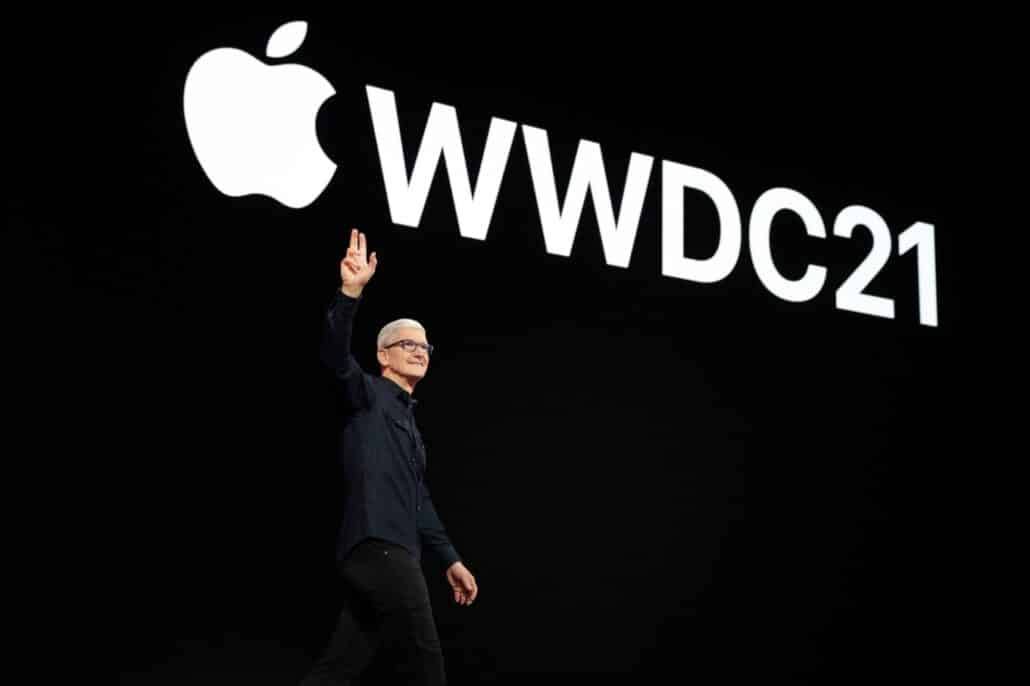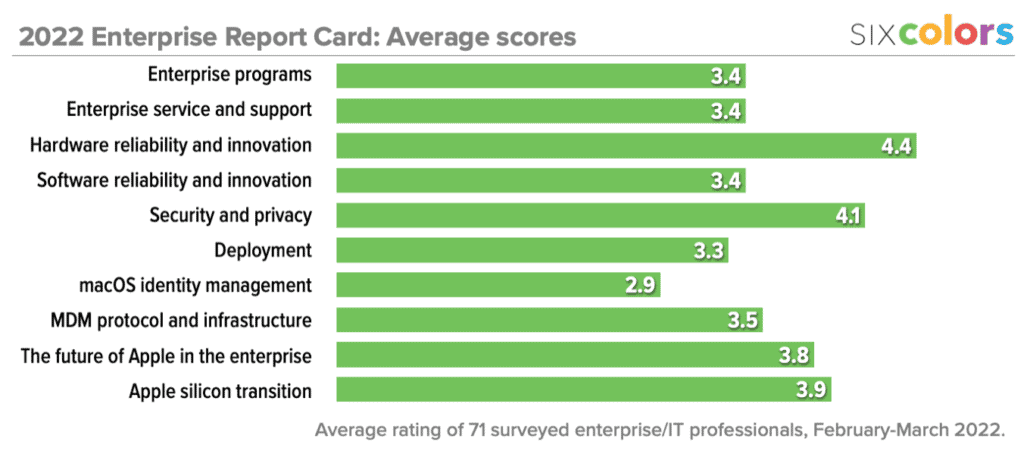‘Everyone’ AirDrop Is Now Limited to Just 10 Minutes for iPhone Users in China
Filipe Espósito, reporting for 9to5Mac two weeks ago:
As noted by 9to5Mac readers, today’s update adds a time limit when
the user chooses to enable AirDrop for everyone, not just
contacts. With this change, people in China can no longer keep
AirDrop turned on for everyone, including unknown users, for an
unlimited time.The change in how AirDrop works has been included in both iOS
16.1.1 and iOS 16.2 beta 2, both released today for users and
developers. Also noted by our readers, this restriction is based
on hardware rather than software. This means that only iPhone
models purchased in Mainland China are affected by the update.This is not the first time Apple has implemented an iOS
restriction based on hardware model. For instance, the Taiwanese
flag emoji is not available on iPhones sold in China. Apple also
uses the same method to limit the volume level of its devices in
European Union countries, as required by law.However, when it comes to AirDrop, it’s unclear why Apple decided
to limit the “Everyone” option to 10 minutes. Some people
speculate that the Chinese regulator required Apple to update iOS
as an attempt to prevent anonymous people from spreading harmful
content and anti-government material.
Mark Gurman, reporting for Bloomberg:
Apple didn’t comment on why the change was introduced in China,
but said that it plans to roll out the new AirDrop setting
globally in the coming year. The idea is to mitigate unwanted file
sharing, the company said.
You don’t have to be Kreskin to surmise that Apple made this change at the behest of the CCP. There’s no explanation for it being China-only for now. Apple never explained why they dropped the Taiwanese flag from the emoji keyboard in China, either. (Also, the shameful aspect of the Taiwanese flag emoji issue is that Apple removed it from the keyboard for iOS users in ostensibly-free Hong Kong, too.
People are rightfully angered by this change — AirDrop is clearly very useful for exchanging information during protests in China — but as with Apple complying with China’s laws requiring iCloud data centers in mainland China, Apple’s only choices are compliance or pulling out of the Chinese market. Defiance is not an option. Well, not a long-term one.






